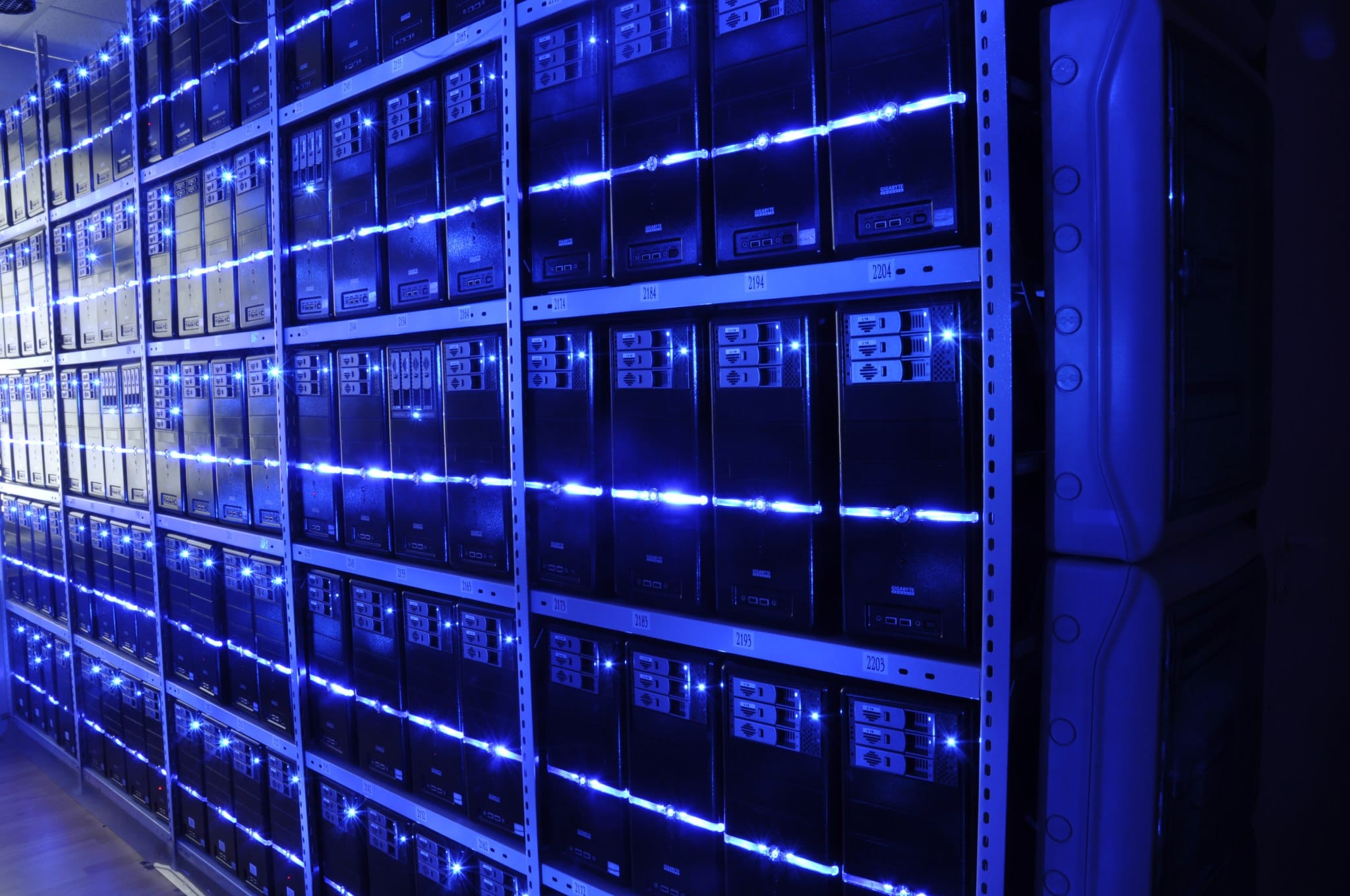Digitisation must contribute to our economy’s ecological shift
Author
Adèle Thorens, member of the National Council.
About
Ecological impact of digitisation.
Significant ecological potential that is not yet realised
An emerging theme in Switzerland
In Switzerland, the subject is only now beginning to make the federal authorities uneasy. My Green colleague in Lucerne Louis Schelbert asked the Federal Council in 2017 to provide a report on the foreseeable impact of the digital revolution on the environment and energy. Sadly, our government refused this request, arguing that “an extended impact assessment is hardly possible because of the speed of technological change, the multiplicity of interfaces and the ties that link environmental and energy processes with other areas.” However, the Federal Council has agreed to focus on one specific point, namely the energy consumption of data centres. This is mainly in response to the Green National Councillor for Zurich Balthasar Glättli, who in 2015 published a report that accurately illustrates the challenge we face.
Computer centres currently represent 2.8% of Switzerland’s annual electricity consumption. This consumption could be reduced by making changes to IT equipment, lighting, UPS (uninterrupted power supply) installations, and cooling and air circulation systems. The potential for savings is high, as it amounts to 43% of the total annual consumption of data centres. The Confederation has put in place various measures to exploit this potential, achieved in particular through public tenders, and provides financial support for measures requiring significant investment.

However, these measures have not been as successful as expected. Although there are computer centres that operate in an exemplary manner – Infomaniak, for instance, which has won a prize for its work – most of these centres do not implement the required energy efficiency measures. According to the Federal Council, more information would need to be made available to raise awareness of existing solutions and the subsidies that can be used to encourage them. SuisseEnergie ran a campaign in this area, for instance.
A strategy to combat waste while exploiting the ecological potential of digitisation
The example of computer centres is emblematic of the energy impact of digitisation. In many areas, people know that energy costs are high and that there is significant potential for savings, and they also know the measures that need to be taken to achieve this potential. But in reality only a few pioneers are implementing these measures. We therefore urgently need to raise awareness of this issue among the sectors concerned and, where necessary, provide for additional measures to promote a form of digitisation that is more energy efficient.
All the above only looks at limiting the energy waste associated with the hardware for digitisation, however. That will not be enough. More fundamentally, the Confederation needs to develop a proactive strategy for systematically exploiting the energy- and resource-saving potential of digitisation in all sectors of the economy. Such a strategy would make it possible to take advantage of the ecological opportunities that digitisation represents. I am thinking here of a much deeper transformation, towards a circular, sharing economy, that would involve every sector. The digital shift must contribute to this transition and to achieving the objectives of the Paris Agreement. Without a focused effort in this direction, it will continue to contradict the other great revolution of this century, our economy’s ecological transition, which is crucial to ensuring our future and that of future generations.
About the author

Adèle Thorens
Member of the National Council
Adèle Thorens studied philosophy and political science at postgraduate level. She specialises in ethics and the sustainable management of resources, and has taught and conducted research in this field at the University of Lausanne and the Swiss Graduate School of Public Administration. After creating the WWF training centre in western Switzerland, which provides training for adults in environmental matters, and heading its western Switzerland office, she was elected to the National Council, the lower house of Parliament, in 2007.
She served on the Economic Affairs Committee, then on the Environment Committee. Her special interests are the green economy, the energy transition, and protection of the climate and of biodiversity. She is a member of several boards and committees, including the foundation board of sanu durabilitas, a Swiss think-tank on sustainable development, where she is responsible for projects concerned with the circular economy and sustainable soil management.

